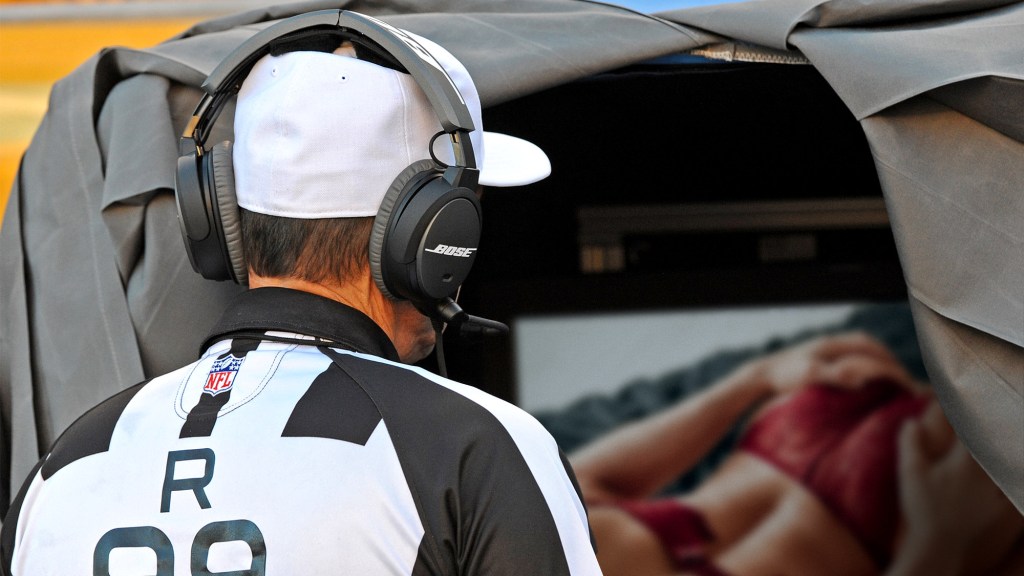NEW YORK—Confirming the practice to be the single-most common cause for inducing symptoms of the mental health condition, a Deloitte study released Wednesday found that thanking military veterans for their service immediately triggers their PTSD. “Post-traumatic stress disorder is an under-studied phenomenon, but we’ve made a major breakthrough in our find that the main cause of PTSD symptoms is someone coming up to a veteran in the store or at the airport and thanking them for serving their country,” said study co-author William Bridge, adding that in over 90% of cases across all veteran demographics, a child or elderly person saluting a veteran, smiling, and saying thank you immediately plunged the veteran into fevered, psychologically crippling memories of their time in a war zone. “For the vast majority of veterans, the moment they see a civilian’s hand raised in salute or coming forward to shake their own, it’s like a gun being pointed directly at their face. Our findings indicate that most veterans begin perspiring heavily, shaking, and feeling like the walls are closing in around them at the sight of a sign in a window thanking our troops. The smiling visage of a mother in a grocery store praising their bravery immediately transforms into a series of fellow soldiers choking out their last breaths and innocent civilians who were killed as the result of a botched raid. We found that although the practice of thanking veterans is widespread, it serves to brutally drown them in a series of horrible flashbacks. Our study also found that the bigger the gesture, the worse the PTSD symptoms, with situations like having an entire stadium applaud for them to be the most traumatic moment of their lives. The best way to prevent PTSD symptoms in veterans is to actually avoid mentioning America when you’re around them.” The findings come on the heels of a related study, which found that in 83% of cases, specifically thanking soldiers for defending our freedom immediately triggers a philosophical crisis around the idea that Americans don’t understand the concept of freedom and are much less free than they think.

Study Finds Thanking Veterans For Their Service Immediately Triggers PTSD
Published:
Explore Tags






